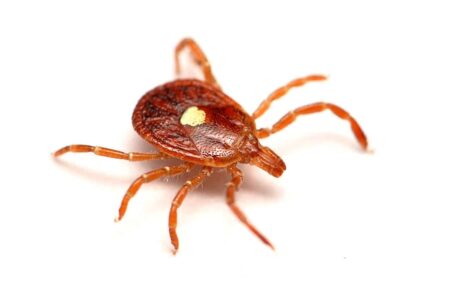



US Repeals Controversial Country-of-Origin Labelling Rules
US - The US has side-stepped huge retaliatory tariffs from Canada and Mexico on its meat exports by including language in the recent year-end Omnibus spending bill that repeals the country-of-origin labelling (COOL) requirements for beef and pork products.The COOL requirements have caused a long dispute between the US and other countries, which claim the labels disadvantage their exported products.
Earlier this year, the World Trade Organisation (WTO) ruled that COOL requirements were against international trade agreements, and allowed Canada and Mexico to set retaliatory tariffs worth over a billion dollars, which would have come into force after one further approval step from the WTO.
But at the last moment, Congress voted to repeal the rules.
US Agriculture Secretary Tom Vilsack said: "The omnibus bill repealed the country of origin labelling (COOL) requirements for muscle cuts of beef and pork, and ground beef and pork. Effective immediately, USDA is not enforcing the COOL requirements for muscle cut and ground beef and pork outlined in the January 2009 and May 2013 final rules."
The US will be amending the COOL regulations as expeditiously as possible to reflect the repeal of the beef and pork provisions.
Mr Vilsack's statement added that all imported and domestic meat will continue to be subject to rigorous inspections by USDA to ensure food safety.
The move was broadly welcomed by agricultural organisations.
North American Meat Institute President and CEO, Barry Carpenter, said: “We are enormously grateful that lawmakers have included language in the Omnibus bill to repeal mandatory country of origin labelling for certain meat products.
"Our elected leaders recognise the need for the United States to live up to its international trade obligations... This Congressional action is an important step in avoiding the financial harm so many industries will incur once Canada and Mexico initiate the tariffs sanctioned by the WTO’s ruling earlier this month."
“America’s pork producers are grateful that lawmakers, particularly Chairman Roberts and Chairman Conaway, recognised the economic harm we faced from retaliation because of the WTO-illegal COOL law,” said the US' National Pork Producers Council (NPPC) President Dr Ron Prestage, a veterinarian and pork producer from Camden, South Carolina. “I know tariffs on US pork would have been devastating to me and other pork producers.”
The NPPC's statement added that according to Iowa State University economist Dermot Hayes, the average US pork producer currently is losing money on each hog marketed, and those losses would have been exacerbated significantly under retaliation from Canada and Mexico.
The Canadian Pork Council's Chair, Rick Bergmann, said: "Challenging the US COOL has been a long and expensive fight for Canadian producers. We look forward to the President signing the Bill to avoid retaliatory action and closing the book on this dispute."
The US' National Cattlemen’s Beef Association President Philip Ellis said the bill contained several victories for cattlemen and women.
“COOL has plagued our industry for many years now, costing us millions and driving us to the brink of retaliation from two of our largest trading partners,” said Mr Ellis.
“Cattle producers have had to bear the cost of this failed program for far too long, and we commend the leadership of Senate Agriculture Chairman Pat Roberts, House Agriculture Committee Chairman Mike Conaway and Representative Jim Costa (D-Cali.) for ensuring the United States is brought back into compliance with our trade obligations.”
Additionally, Mr Ellis said the bill requires a more stringent regulatory process for allowing beef imports from regions with a history of animal disease outbreaks.
“America’s cattle producers are strong supporters of trade,” said Mr Ellis, “but we must have strong safeguards in place and do our due-diligence to ensure the health and well-being of our domestic herd is not sacrificed.”
“This is fantastic news for Canada’s beef cattle producers,” said Canadian Cattlemen's Association (CCA) President Dave Solverson. “The CCA initiated this fight in 2008 because the US failed to live up to its international trade obligations. In the seven years since US COOL has been in effect, the cumulative losses for the Canadian beef and pork sectors have been staggering.”
CCA Vice President Dan Darling said it has been a long and arduous battle, and a costly one with legal fees nearing $4 million. However, he said that amount – paid by beef producers through their provincial check-off - is eclipsed by the cost of COOL discrimination inflicted on the Canadian and Mexican producers. Mr Darling said COOL repeal is an excellent example of provincial check-off dollars at work, and he thanked producers for directing their dollars towards the file.
“On behalf of the people who operate Canada’s 68,500 beef farms and feedlots, I would like to thank the Government of Canada for their continued support throughout this process,” Mr Darling added.



